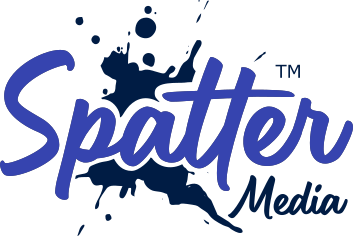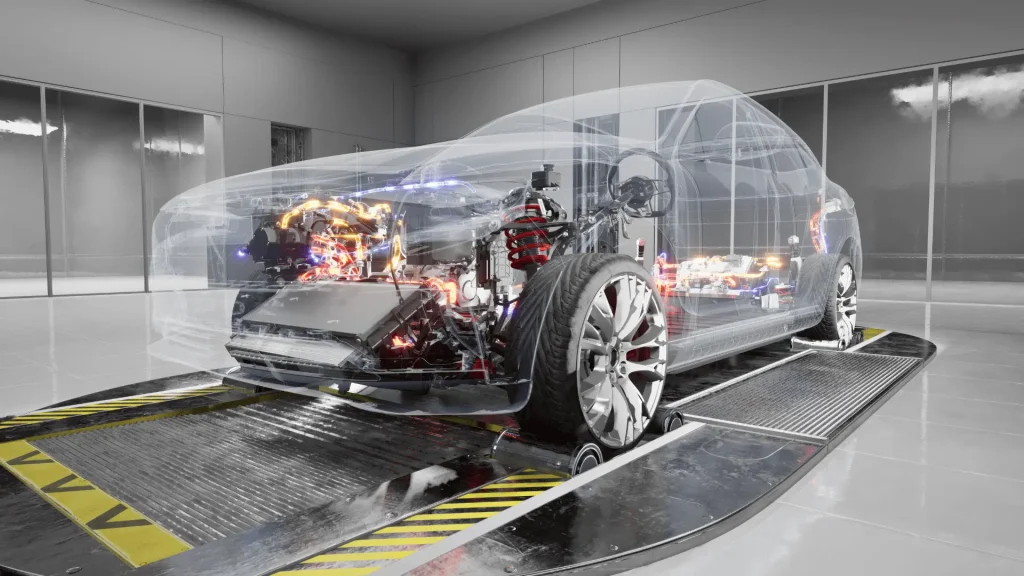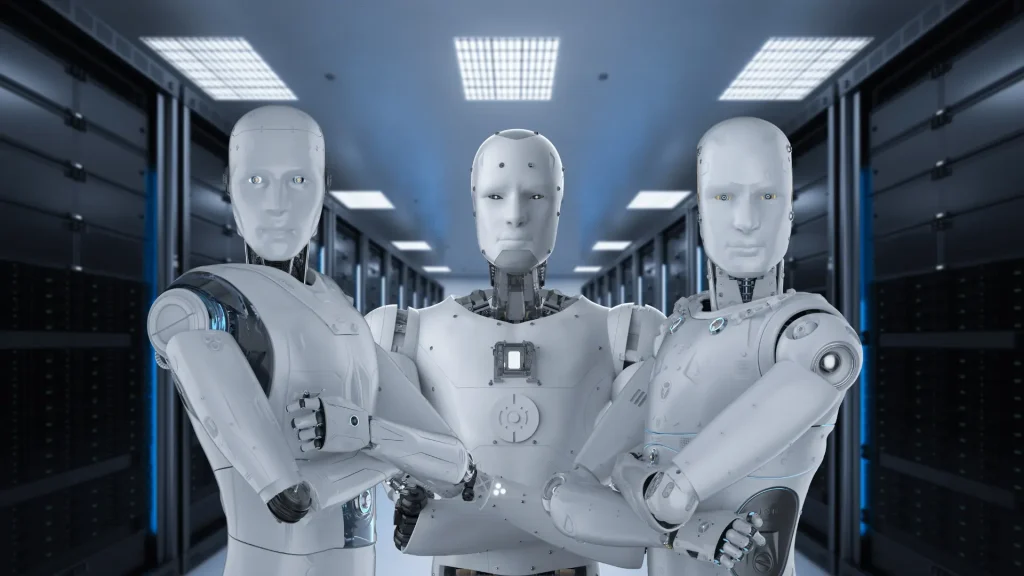The AI Co-Worker: Is Your Next Team Member a Bot? South Africa’s AI Transformation
What if your most productive colleague wasn’t a person at all?
South Africa has already answered this question. By October 2025, 72% of South African employees are working alongside AI co-workers – matching or exceeding adoption rates in developed markets. But here’s the paradox that defines our moment: while most South African workers embrace AI tools, only 14% of medium and large companies have integrated AI strategies. We’re racing ahead with the technology while leaving strategy in the dust.
This paradox matters because it reveals both danger and opportunity. For South African businesses, workers, and the continent, AI co-workers aren’t coming. They’re here. The question isn’t whether you’re working with a bot. It’s whether your organisation has a plan for making that collaboration productive, fair, and profitable.
The South African Paradox: High Adoption, Missing Strategy
Global statistics get headlines: 40% of US workers use AI. But South Africa’s 72% adoption rate tells a more interesting story. We’re not following the developed world – we’re leading it. And it’s happening despite infrastructure challenges, skills shortages, and regulatory uncertainty.
The numbers are stunning:
- 72% of South African employees use AI at work
- 60%+ regularly use generative AI tools (higher than many advanced economies)
- 35% of medium/large SA companies deployed generative AI (up from 13% in 2024)
- 67% of large SA enterprises now use generative AI (up from 45% in 2024)
Then comes the paradox: Only 14% have unified AI strategies.
This disconnect is the defining challenge of South African AI adoption. Workers are experimenting with ChatGPT, Gemini, and Claude. Individual teams are automating workflows. But most organisations lack intentional strategy. It’s like everyone jumped in the pool before anyone built it.
Aaron Levie, CEO of Box, captured the risk perfectly: “It’s not world-changing, but it’s because you didn’t think about re-engineering the workflow for AI.” This describes South Africa precisely. We’ve adopted the tools. We haven’t yet redesigned our organisations around them.
How South African Companies Are Already Winning with AI Co-Workers
The paradox doesn’t mean we’re failing. It means we’re at an inflection point. The companies and sectors that are moving strategically are already seeing remarkable results.
Financial Services Leading the Way
South Africa’s fintech revolution is powered by AI. TymeBank, Discovery Health, Nedbank, FNB, and Capitec are integrating AI co-workers for customer service, credit assessment, and process automation. But the real story isn’t cost savings – it’s inclusion.
Seventy million South Africans lack adequate access to financial services. AI is changing that. Fintech startups are using AI for credit scoring of informal traders, micro-lending platforms, and financial literacy. An AI co-worker that can assess creditworthiness based on alternative data (mobile payments, utility records) is revolutionising who gets access to capital.
This isn’t just a South African opportunity. It’s a model for how AI can solve the world’s financial inclusion challenges.
Agricultural Innovation Addressing Water Scarcity
Aerobotics, a Stellenbosch-based startup, is using AI drone technology to monitor crops, detect pests early, and optimise water use. In a country where drought is increasingly threatening agricultural viability, this matters profoundly.
The results: 30% water savings, improved crop yields, and support systems for smallholder farmers who’ve traditionally lacked access to advanced technology. Seventy-five percent of South African commercial farms are projected to adopt similar AI solutions by 2030.
This is AI co-workers solving an African problem with South African innovation. And it has global implications for climate adaptation in water-scarce regions worldwide.
Tech Innovation Going Global
Entersekt, a Stellenbosch cybersecurity startup, secured Series B funding for AI-powered fraud prevention and cybersecurity solutions. They’re not just protecting South African transactions – they’re securing financial systems across Africa and serving global clients.
Locstat received €2.5 million for Graph AI solutions. AIrSynQ, emerging from Wits University, is optimising indoor air quality. Ten South African startups were selected for Google for Startups Accelerator.
South African founders are solving African problems with AI co-workers, then exporting those solutions globally.
The BPO Sector Transformation
South Africa’s $5.2 billion business process outsourcing industry is at an inflection point. Seventy-two percent of BPO firms are prioritising AI for 2025. They’re not replacing workers with AI – they’re augmenting them.
AI handles repetitive processes, customer service routing, and document processing. Humans handle complex decisions, relationship building, and problem-solving. The result: Companies positioning themselves as AI-enhanced service providers, competing globally and winning work they previously couldn’t handle.
The Real Challenge: South Africa’s Job Market Transformation
Here’s where the paradox cuts deeply. While AI creates opportunity, it also creates disruption.
The global story sounds reassuring: 85 million jobs displaced by AI, 11 million new jobs created, net positive 2 million by 2030. But South Africa’s story is more urgent.
77% year-on-year increase in AI skill demand. That’s not a gradual transition – that’s a skills emergency.
Since 2019, AI job demand has increased 352%. But our educational pipeline hasn’t kept pace. University computer science programs lag market needs. Coding bootcamps are growing but remain concentrated in Gauteng and Western Cape. Fifty-eight percent of all South African AI jobs are in Gauteng alone. Twenty-four percent are in Western Cape.
The jobs are concentrated geographically. But the need for upskilling is universal.
Who’s at risk? Entry-level positions and white-collar roles earning the equivalent of $40,000-$80,000 are most vulnerable. The construction worker doesn’t fear AI. The junior accountant should worry.
Who’s winning? Anyone developing AI skills. The demand for AI developers, data scientists, ML engineers, and prompt engineers is insatiable. Remote opportunities are limited (only 2% of AI vacancies), but local opportunities are exploding.
The competitive advantage? South Africa’s growing AI talent pool is more affordable than Silicon Valley’s. Global companies are seeking South African AI developers. This is an opportunity for brain gain – if we can keep people in South Africa.
If we can’t? Brain drain. The alternative to growing local opportunity is watching our talent emigrate.
Making AI Co-Workers Actually Work: The South African Strategic Imperative
Eighty-six percent of South African companies lack unified AI strategies. That’s not just a missed opportunity – it’s a risk.
What do the 14% doing it right understand? First, AI co-workers aren’t a tool to bolt onto existing workflows. They require re-engineering how work gets done. Second, implementation isn’t just about technology – it’s about people, strategy, and intentional change management.
For large organisations: Companies like TymeBank and the major banks are succeeding because they’re investing in all-in AI strategies, not ad-hoc implementations. They’re redesigning workflows for AI, training their people on collaboration with AI, and measuring impact relentlessly.
For startups: Entersekt, Aerobotics, and others are succeeding because they built AI-first from day one. There’s no legacy process to reengineer. There’s no resistance to overcome. They’re faster, leaner, and more competitive globally.
For the SME sector: This is the gap. Most South African businesses are small and medium enterprises. They can’t afford enterprise-scale AI implementation. They don’t have strategy teams. They’re struggling with data connectivity costs and bandwidth limitations.
Without SME-specific support – whether through shared infrastructure, government subsidies, or alternative models – the AI gap will widen into a chasm.
South Africa’s Future as Africa’s AI Hub
By 2027-2028, this transformation will be undeniable.
Large enterprises and startups will have integrated AI co-workers as standard operating procedure. Government will have published the National AI Policy and AI Act (both expected Q4 2025). Regulatory clarity will unlock investment. Universities and bootcamps will be producing AI talent at scale (finally).
But the outcome depends on choices South Africa makes now.
The opportunity path: South Africa becomes Africa’s AI tech hub. South African startups export fintech solutions, agri-tech, and cybersecurity across the continent and globally. The talent grows and stays. International investment flows in to access African markets through South African innovation. The continent leapfrogs development stages through AI.
The risk path: South Africa fails to bridge the skills gap. Brain drain accelerates. SMEs fall further behind. The geographic divide – Gauteng-Western Cape advantage – becomes entrenched. We remain a market for others’ AI solutions rather than a creator of them.
The G20 summit (November 22-23, 2025) hosting South Africa signals something important: The world is watching how we handle AI. The National AI Policy and Act will set a tone for the continent.
What This Means for You
If you’re a South African worker, manager, business owner, or investor, you’re living through the most profound transformation in work since the industrial revolution. Here’s what you need to know:
- Your next co-worker probably will be a bot. Get comfortable with it. Develop AI literacy. Learn what these tools can and can’t do. Understand your industry’s AI transformation.
- This is South Africa’s moment. We’re leading adoption globally. We have unique opportunities in financial inclusion, agricultural innovation, and cybersecurity. But only if we choose intentionality over accident.
- Skills matter more than anything. The 77% year-on-year increase in AI job demand means opportunity for those with the skills. But the educational pipeline is inadequate. Government, business, and universities need to move faster on reskilling and skills development.
- Strategy beats tools. Having AI doesn’t make you competitive. Having a clear strategy for how AI transforms your organisation does. Eighty-six percent of companies lack this. Are you in the 14%?
- The AI co-worker is here. The question isn’t whether your workplace will have one. The question is whether you’re ready.
Sources & Further Reading
- South African Bureau of Statistics – Digital Economy Data
- PWC Global AI Study – South African Regional Analysis
- Google for Startups Accelerator – South Africa Programme
- G20 Leaders’ Summit 2025 – South Africa Hosting (November 22-23)
- Wits University & UCT – AI Research Partnerships
- South African Department of Communications and Digital Technologies











